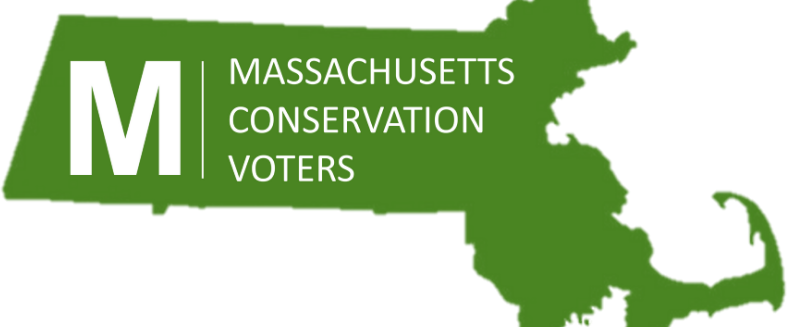Dana Bourland, Sam Gill, Judilee Reed, and Chantel Rush | Opinion, The Chronicle of Philanthropy | July 22, 2020
https://www.philanthropy.com/article/Safely-Reopening-America/249215
Dana Bourland is vice president for the environment at the JPB Foundation; Sam Gill is senior vice president and chief program officer at the Knight Foundation; Judilee Reed is program director of Creative Communities at the William Penn Foundation; and Chantel Rush is managing director of the American Cities Program at the Kresge Foundation. Their foundations are all key supporters of Reimagining the Civic Commons.
During a global pandemic when millions of people rarely leave their homes, our public parks, plazas, trails, greenways, and even sidewalks have become critical havens. In cities large and small, these public spaces are sustaining people in ways we couldn’t have imagined a few months ago. The importance of a robust, connected, and nature-rich public realm — a true civic commons — is clearer than ever.
As we practice physical distancing, our public spaces allow us to exercise, reduce stress, and stay socially connected with our neighbors. They provide people with much-needed hope and a sense of community at a time of great disconnection from each other.
But while the pandemic has revealed the power of our shared public spaces, it has also magnified enormous disparities in quality and access to them. Demand has outstripped supply, in some cases leaving beaches and parks packed with more people than social distancing guidelines allow. Some urban leaders have responded with innovations, such as closing streets to cars and rededicating them for pedestrians and outdoor dining.
We applaud these and other efforts cities are taking to expand public spaces as the country reopens. But they don’t go nearly far enough. Decades of disinvestment have left too many neighborhoods with nowhere to safely exercise or experience nature.
The ongoing protests against racism and police brutality reflect longstanding, systematic exclusion and discrimination that is also evident in our civic infrastructure. Investing in a civic commons that connects and welcomes people of all backgrounds will help create a path to more inclusive communities. Well-designed and well-run public spaces can nurture the diverse social fabric of our cities that allows empathy and trust to flourish.
To read the full story, please click here.
